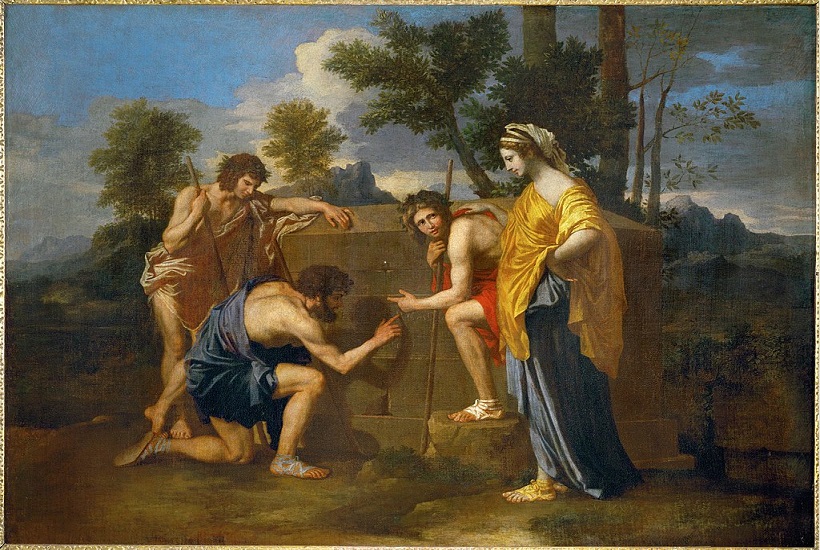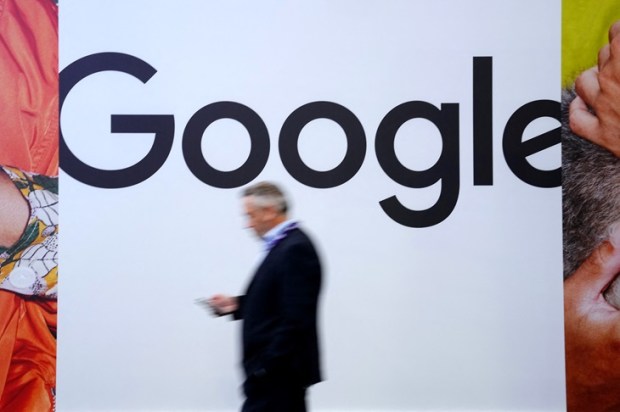Launching the iPad 2 in March 2011, the Apple co-founder and former CEO, Steve Jobs, reflected that “It is in Apple’s DNA that technology alone is not enough—it’s technology married with liberal arts, married with the humanities, that yields us the results that make our heart sing.” Thus even in the surreal universe of Silicon Valley, it is acknowledged that the meaning of life extends beyond the realm of gadgetry to the wisdom of the liberal arts and the insight they afford into the human condition.
In our utilitarian society where pecuniary interests frequently trump the human and the spiritual, it is commonly held that the only university disciplines really worth investing in are those that can “make money” for lucrative careers in mining, engineering or finance. Before liberal arts graduates think, however, that they may as well frame their panini wrappers from lunch rather than their degrees, there are reasons for them to take heart.
In the United States, a sizeable proportion of CEOs running prestigious companies have a liberal arts education and according to the Foundation for Young Australians, 70 per cent of Australian employers seek applicants with transferrable skills of critical thinking nourished by liberal arts disciplines such as history, philosophy, theology, literature and languages. Adaptability, cultural facility, a willingness to venture beyond one’s comfort zone and a capacity to think laterally are just some of the attributes highly sought after by employers and this is where a liberal arts education is eminently advantageous.
Beyond the merely vocational, the liberal arts help nourish the human soul and there was no Australian leader that appreciated this more than Robert Menzies. In a 1939 address on the Place of a University, he declared:
Let me defend a so-called useless scholarship on the great grounds that it represents a sanity badly needed in an insane world; that it stands for a due proportion in life and living; that it develops the humane and imperishable elements in man; that it points to the moral that the mere mechanics of life can never be the sole vocation of the human spirit.
In his visionary Forgotten People Address of 1942 where he cast his mind to life in Australian after petrol-rationing and food stamps, Menzies believed a humanities education would be critical to defining the very purpose of the modern university. He asked:
Are the universities mere technical schools, or have they as one of their functions the preservation of pure learning, bringing in its train not merely riches for the imagination but a comparative sense for the mind, and leading to what we need so badly – the recognition of values which are other than pecuniary
Even after twelve years in office where had presided over the expansion of Australia’s higher education system, Menzies’ views remained remarkably consistent as he commended these benefits of a humanities education to a school opening in 1962:
It still remains true that there is no higher education worth the name unless it embraces not only the knowledge of physical science, but the knowledge of mankind, the knowledge of the humanities, a broad sweep of education, a broad and balanced training
Almost half a century later, the avant-garde CEO for one of the globe’s most recognised brands could not have agreed more with the paternal snowy-haired statesman of post-war Australia.
As well as enriching the individual soul and mind, a liberal arts education can help overcome our collective amnesia by linking us to the Western intellectual tradition encompassing the Classical, Jewish and Christian inheritances. An intellectual tradition that has gifted our civilisation with the Bible, the Iliad, the Funeral Oration of Pericles, Aristotle’s Politics, Augustine’s City of God and Aquinas’ Summa Theologica, not to mention the literature of Bacon, Shakespeare, Locke, Milton and Chesterton amongst myriad others. By engaging with such classics, our Western civilisation can understand where it has sprung from and where it is headed.
This value of the liberal arts was not lost on another Australian leader, John Howard, when he spoke at Australia’s only tertiary liberal arts college. Addressing a 2015 graduation ceremony at Sydney’s Campion College, the former Prime Minister told graduates that the mission of liberal arts colleges is to educate students in Western civilisation to remind them of their intellectual and spiritual heritage, not least “the Judeo-Christian ethic that has infused, guided and helped build nations such as Australia”. As well as being key to understanding our own past, this Western inheritance remains a source of fascination and inspiration for Australia’s close allies and trading partners in Asia.
If Australia is to recover its intellectual heritage amid the miasma of Critical Theory and postmodernism pervading some quarters of the contemporary academy, the role of liberal arts colleges such as Campion could prove integral. As Greg Sheridan observed in The Australian on December 17, 2016:
Campion is Australia’s only liberal arts college but such beasts abound in the US. They include some of the most venerable and distinguished institutions of learning in North America. And they are all based on the same central idea — that the best way to learn the big ideas of Western civilisation is to study its important books and historical figures.
Together with the recent launch of the Ramsey Centre for Western Civilisation and the return of existing arts faculties to teaching the staples of Western thought, the establishment of quality liberal arts colleges could prove harbingers to a springtime of cultural renewal.
David Furse-Roberts is a Research Fellow at the Menzies Research Centre and is the author of Howard: The Art of Persuasion, Selected Speeches to be released next month.
Illustration: Nicolas Poussin/La Louvre/Wikimedia Commons.
Got something to add? Join the discussion and comment below.
Got something to add? Join the discussion and comment below.
Get 10 issues for just $10
Subscribe to The Spectator Australia today for the next 10 magazine issues, plus full online access, for just $10.


























Comments
Don't miss out
Join the conversation with other Spectator Australia readers. Subscribe to leave a comment.
SUBSCRIBEAlready a subscriber? Log in